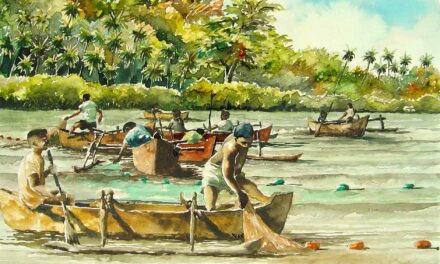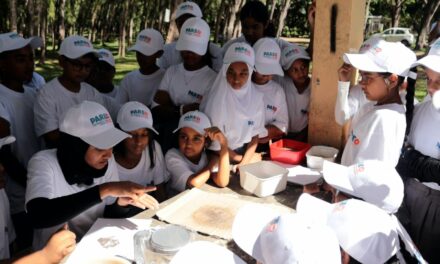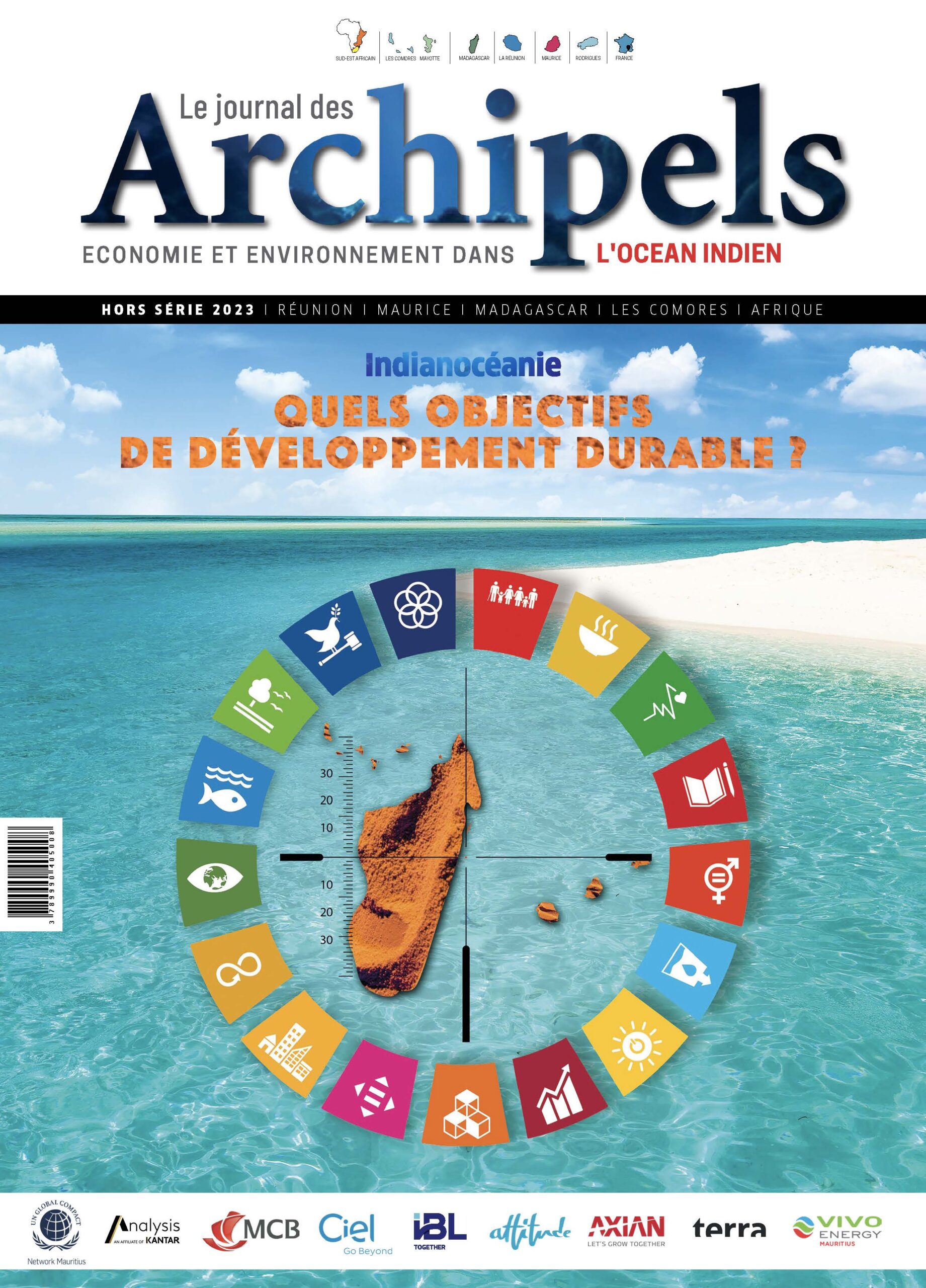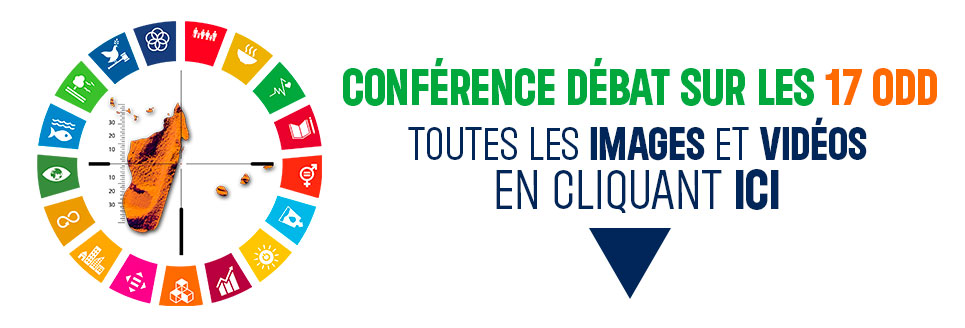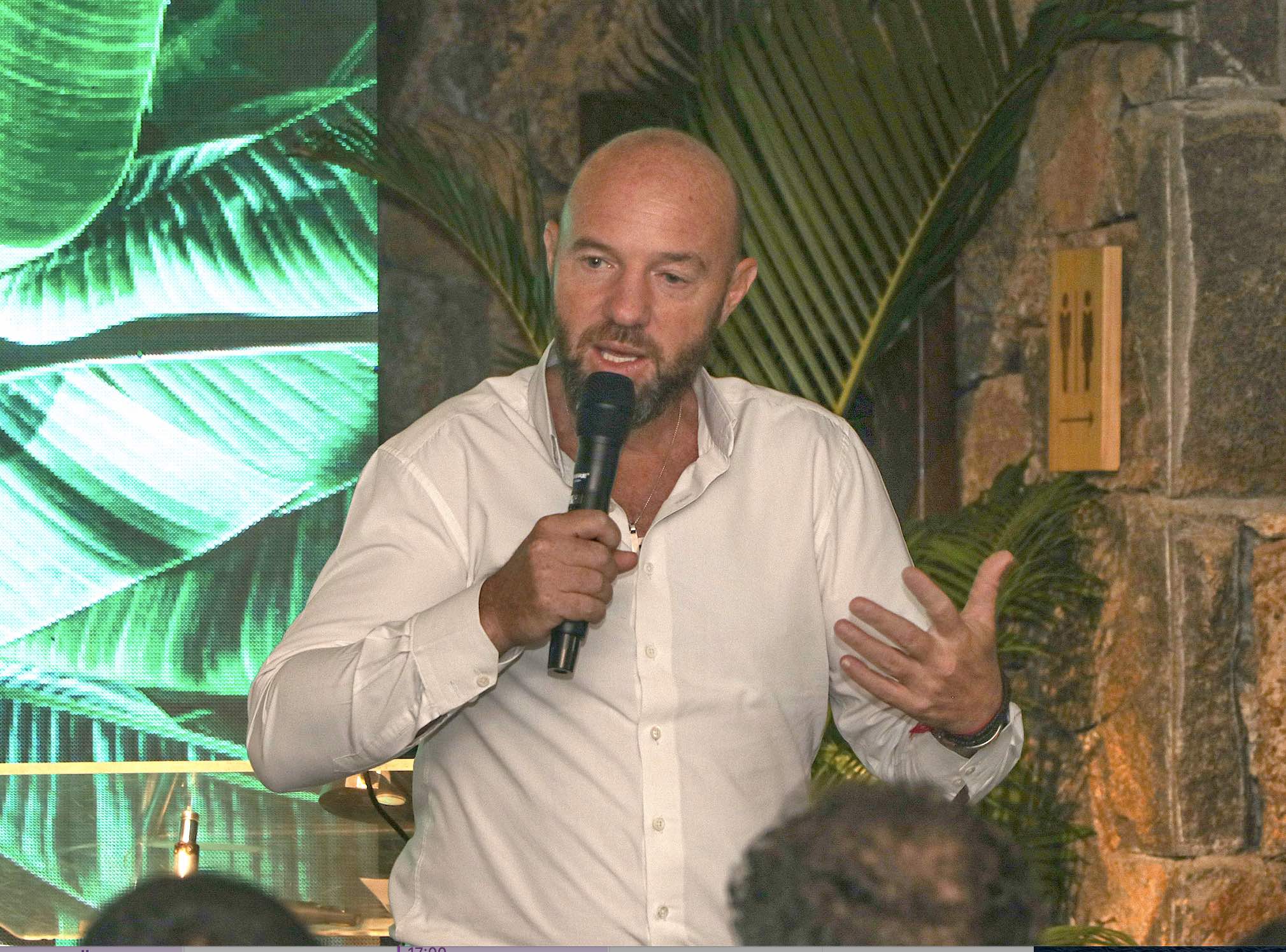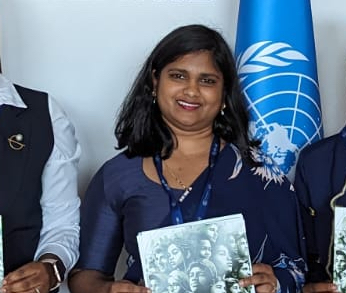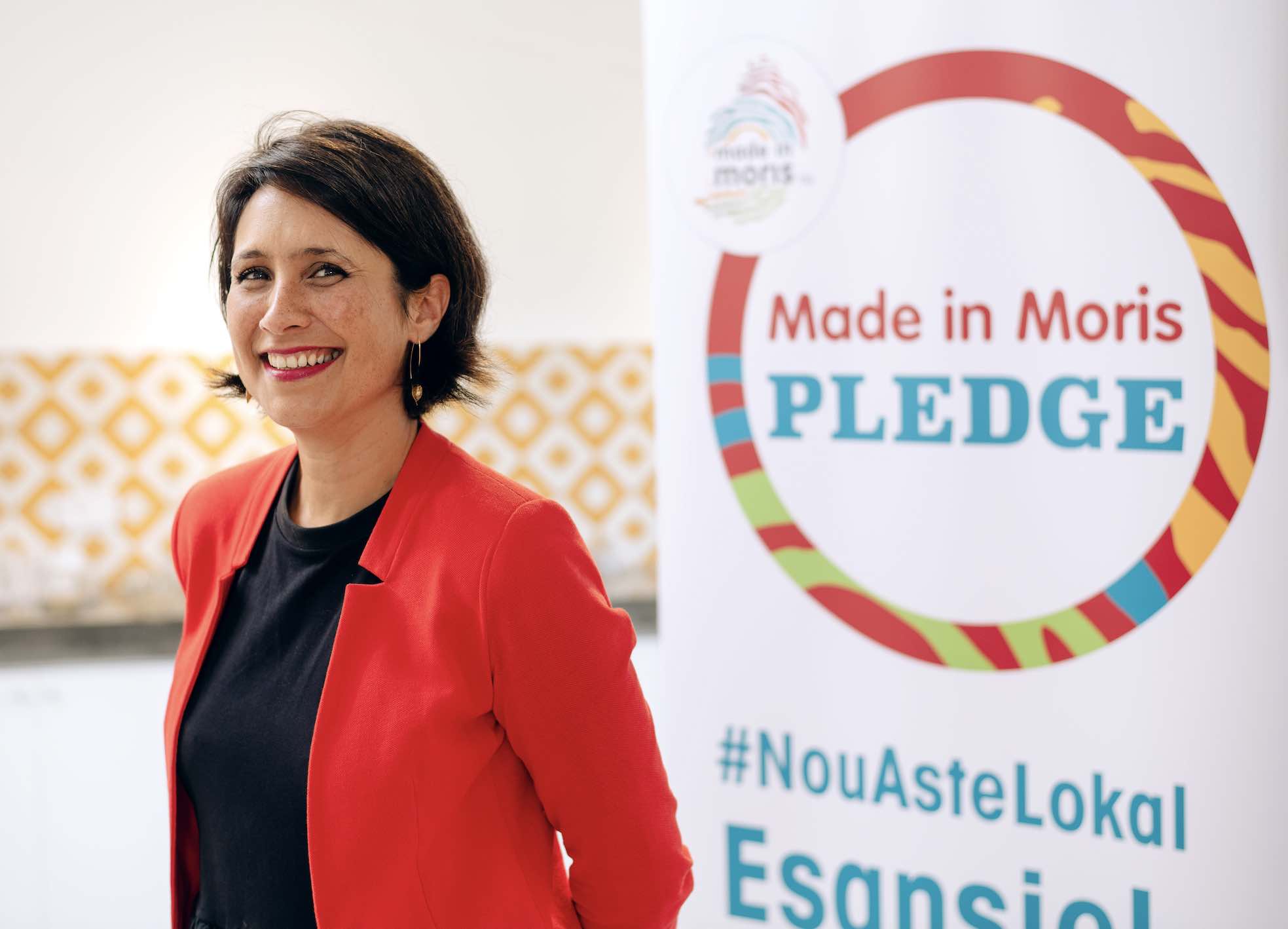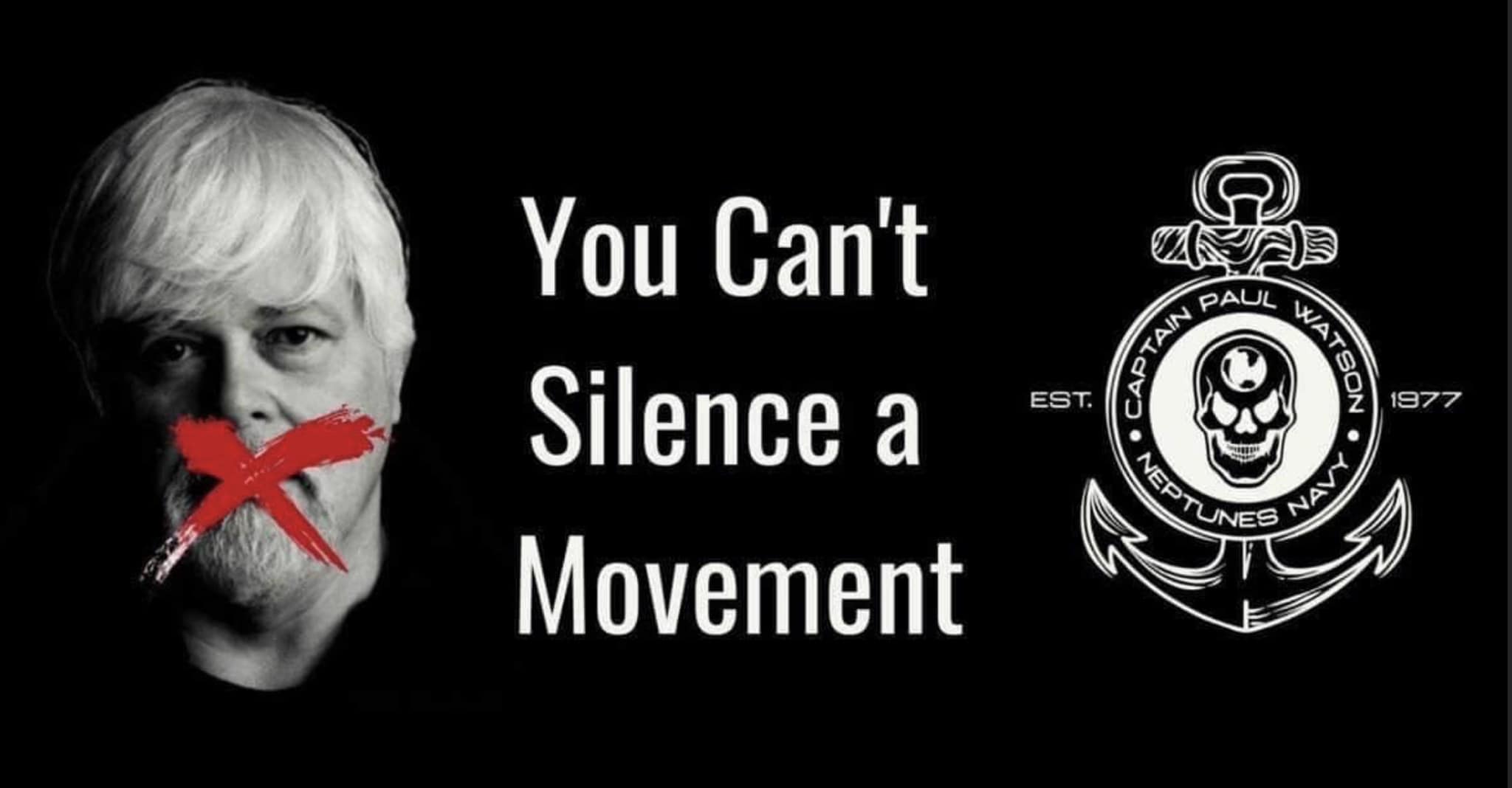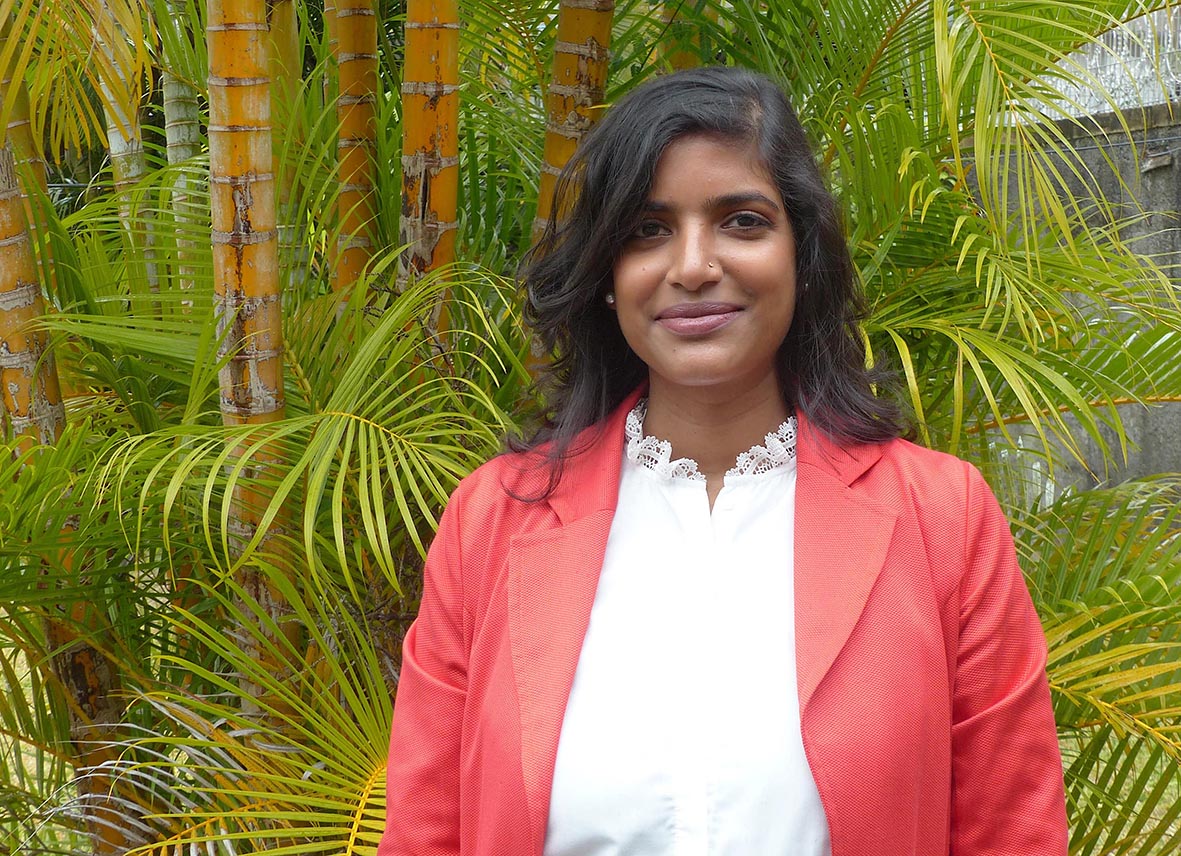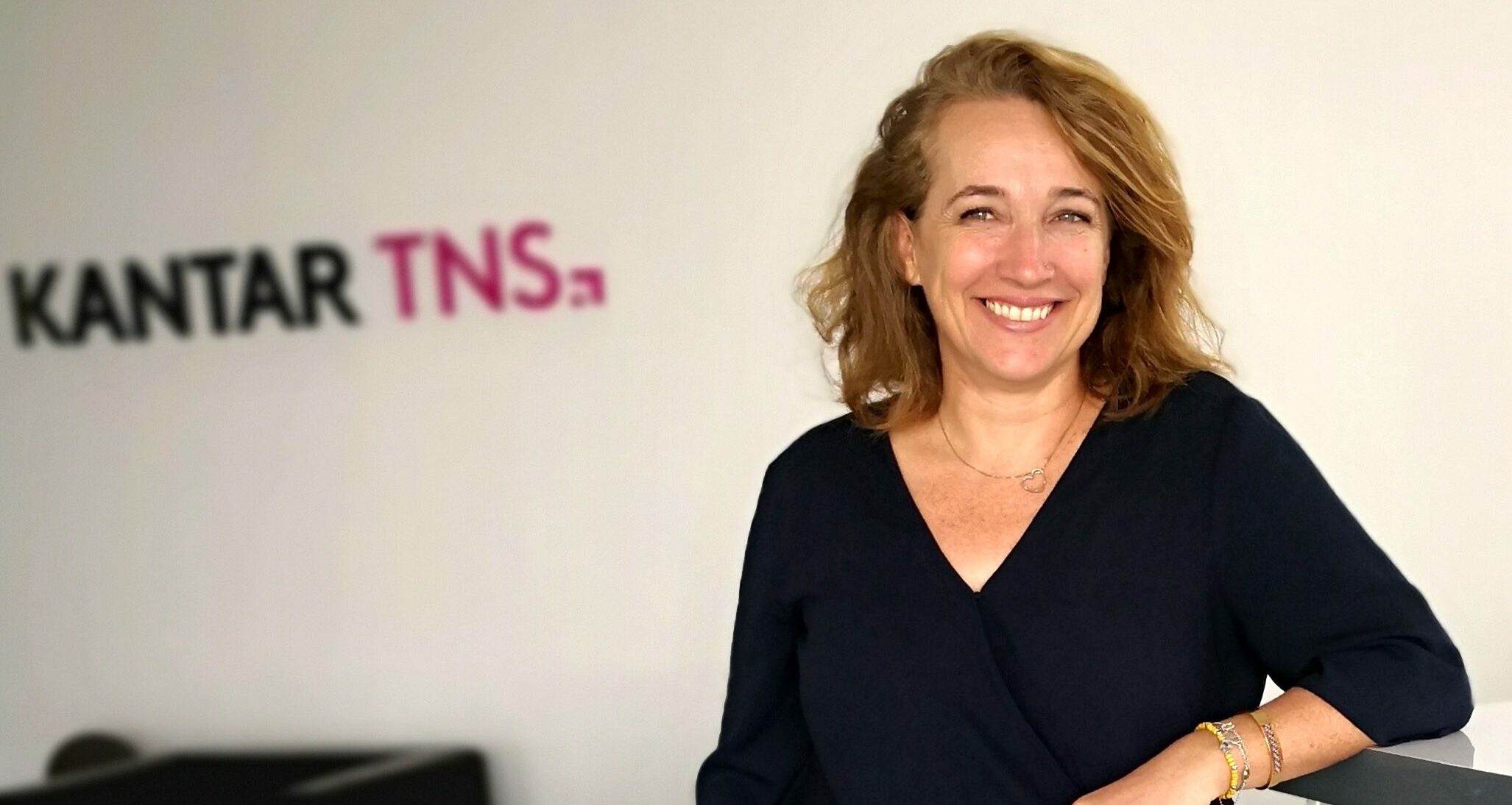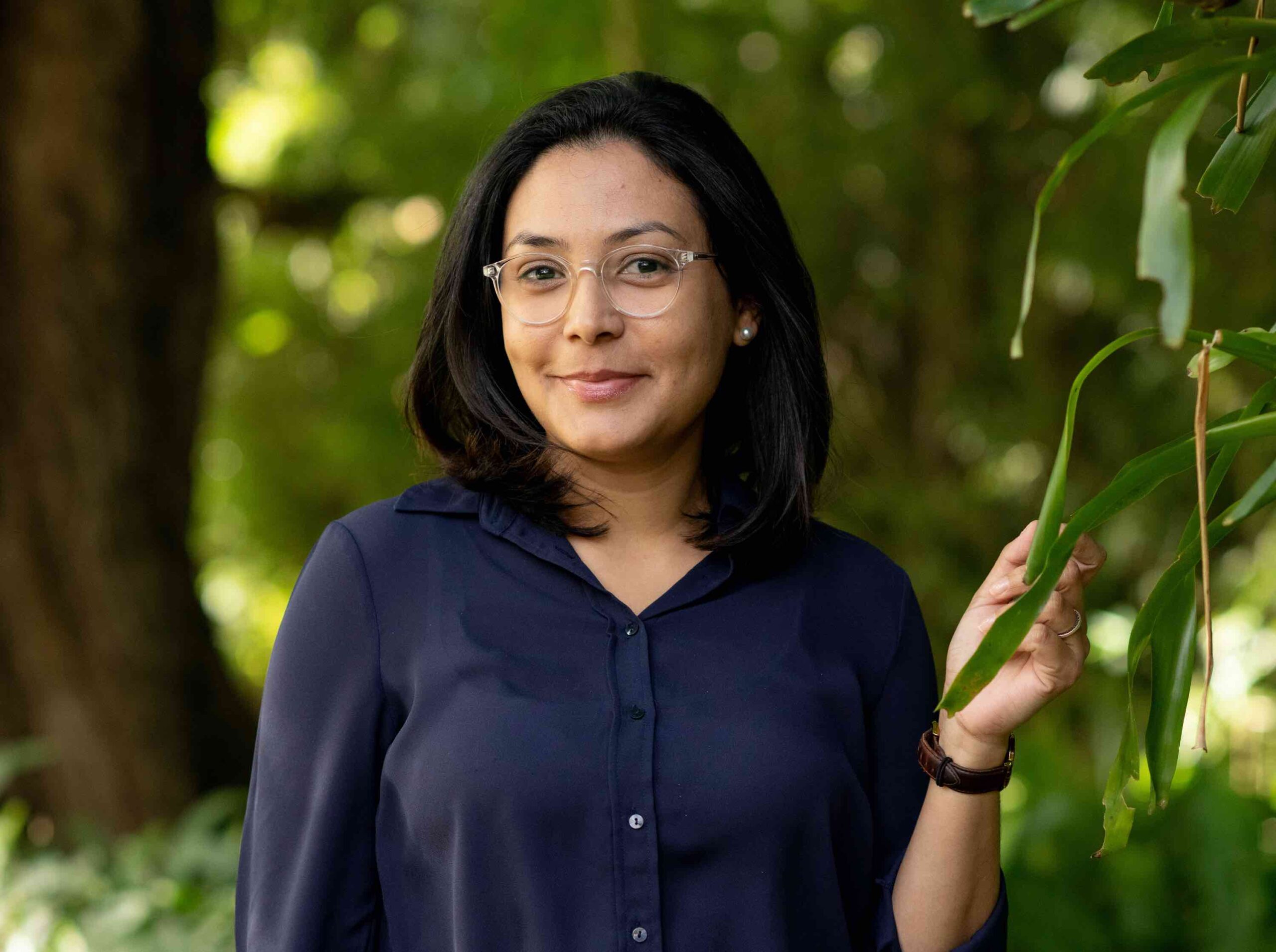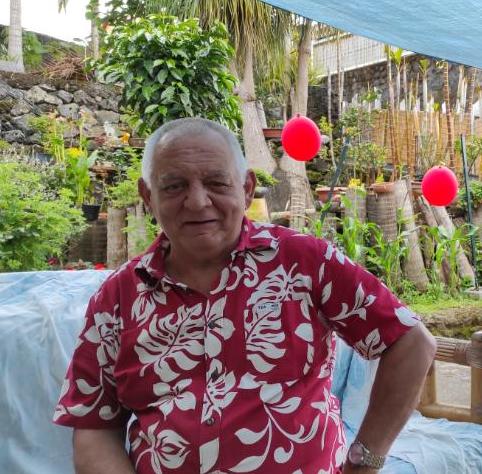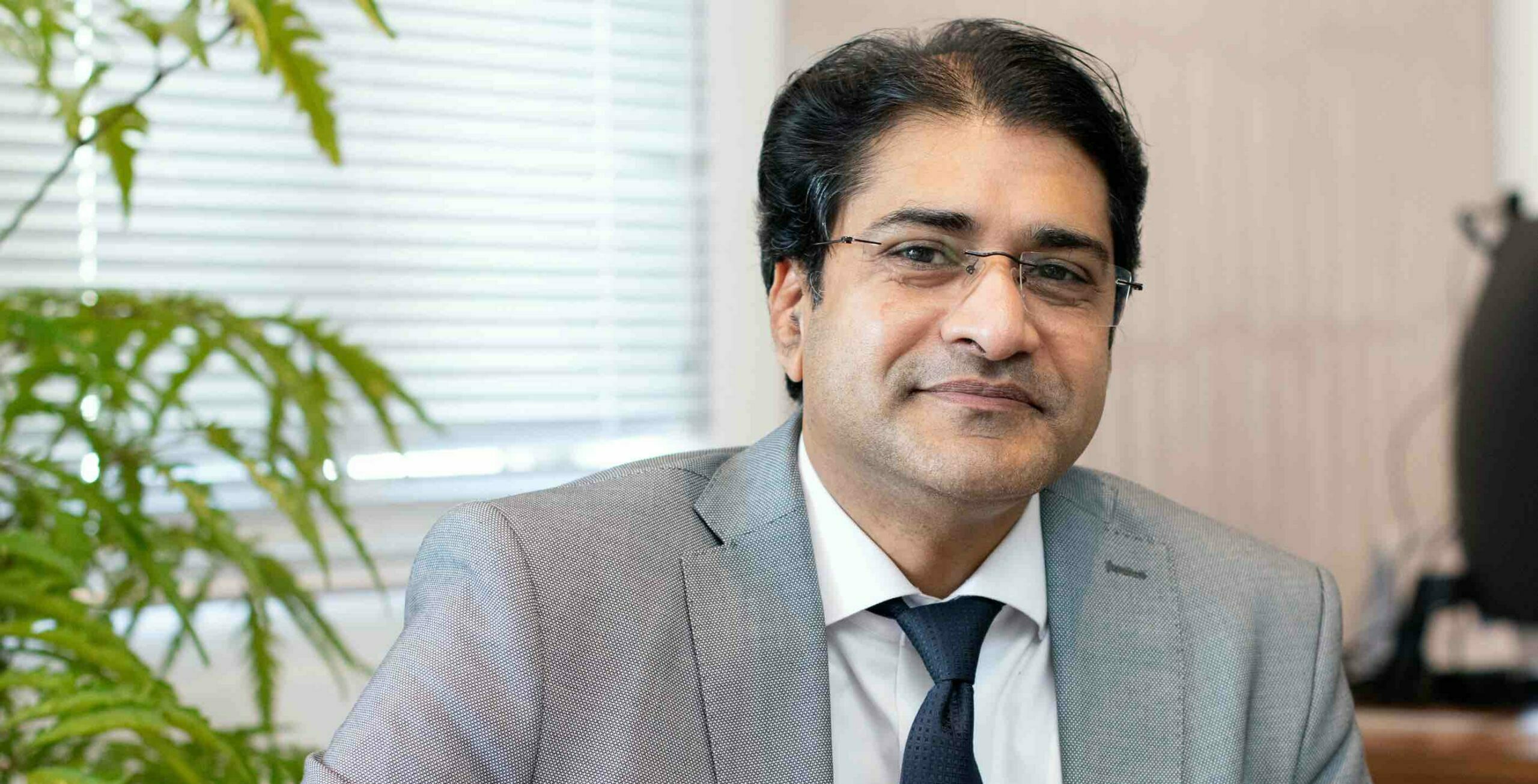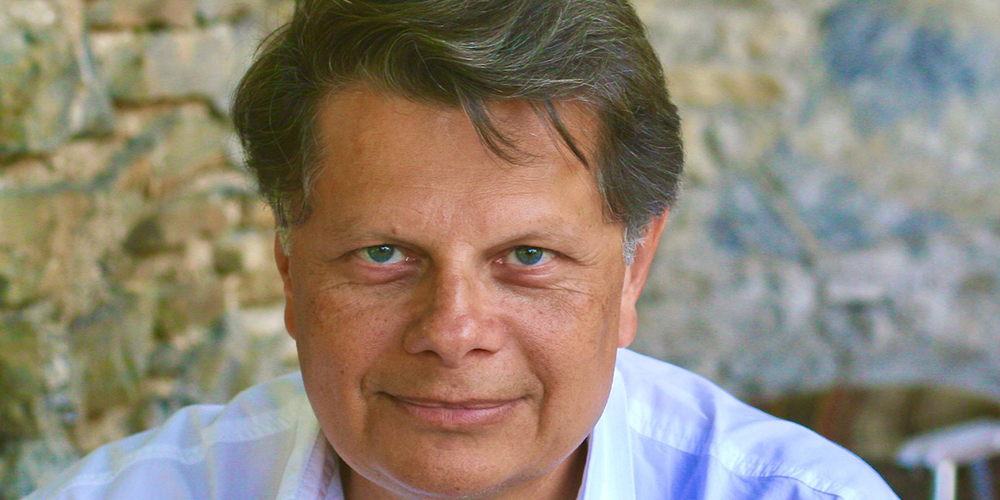Tortoise corpse in Mayotte
photo : J.Rombi
The prefect of Mayotte Jean François Colombet invited the press on November 18 to the Moya beaches site. This site, made up of ancient volcanic craters collapsed on the ocean side, was a sanctuary for the laying of sea turtles for millennia. Until human greed chooses the flesh and eggs of these exhausted animals to go to the beaches, to slaughter them in order to supply an underground market for turtle meat.
The prefect’s idea is to develop a synergy between all the actors concerned (elected representatives of the commune of Labattoir, the Departmental Council, the Oulanga Na Nyamba association, Naturalistes de Mayotte and Sea Sheperd, etc.). Appointment is already made on December 15th for the first meeting of this coordination group.
A (re) action accompanied by heavy investments with, for example, the rehabilitation of the house of the guards for around 300 K €, guards who are supposed to monitor the laying places from 3 p.m. to 8 a.m. every day.
However, it is some of these guards who would be accomplices of the poachers according to the site “notre-planete.info”: In 2018, the guards employed by the French state officially gave up monitoring the Moya 2 beach because it was deemed “too dangerous. “by their new manager. And even so, on Moya 1 beach, the Sea Sherperd teams noted with annoyance the “inadmissible behavior of certain keepers who, in a hurry to return home, push the turtle mothers who have not yet laid eggs, to force them to leave the beach “in the early morning. In addition, instead of patrolling, they often stay overnight in their huts, giving poachers free rein. Finally, Sea Sheperd noted that the poached turtles were not always reported, by the guards, to the REMMAT (Mahorais Stranding Network of Marine Mammals and Marine Turtles) as the procedure would require. A practice that seems common among some guards and plays into the hands of poachers, leading to a significant underestimation of the number of turtles killed in Mayotte.
In short, if the Prefect’s initiative is laudable, the following question must nevertheless be asked : wouldn’t it be simpler (and less expensive) to directly attack the sponsors? Turtle meat is expensive, up to 40 euros per kilo according to our cross-checks. It is therefore those who have the purchasing power, the “notables” of the island, often well known and protected by bad politico-religious traditions, who are directly responsible. By cutting off the head of this network, the French state would thus avoid cutting off those of green turtles, which are protected by the Washington Convention on endangered species.
Orson Razaka




